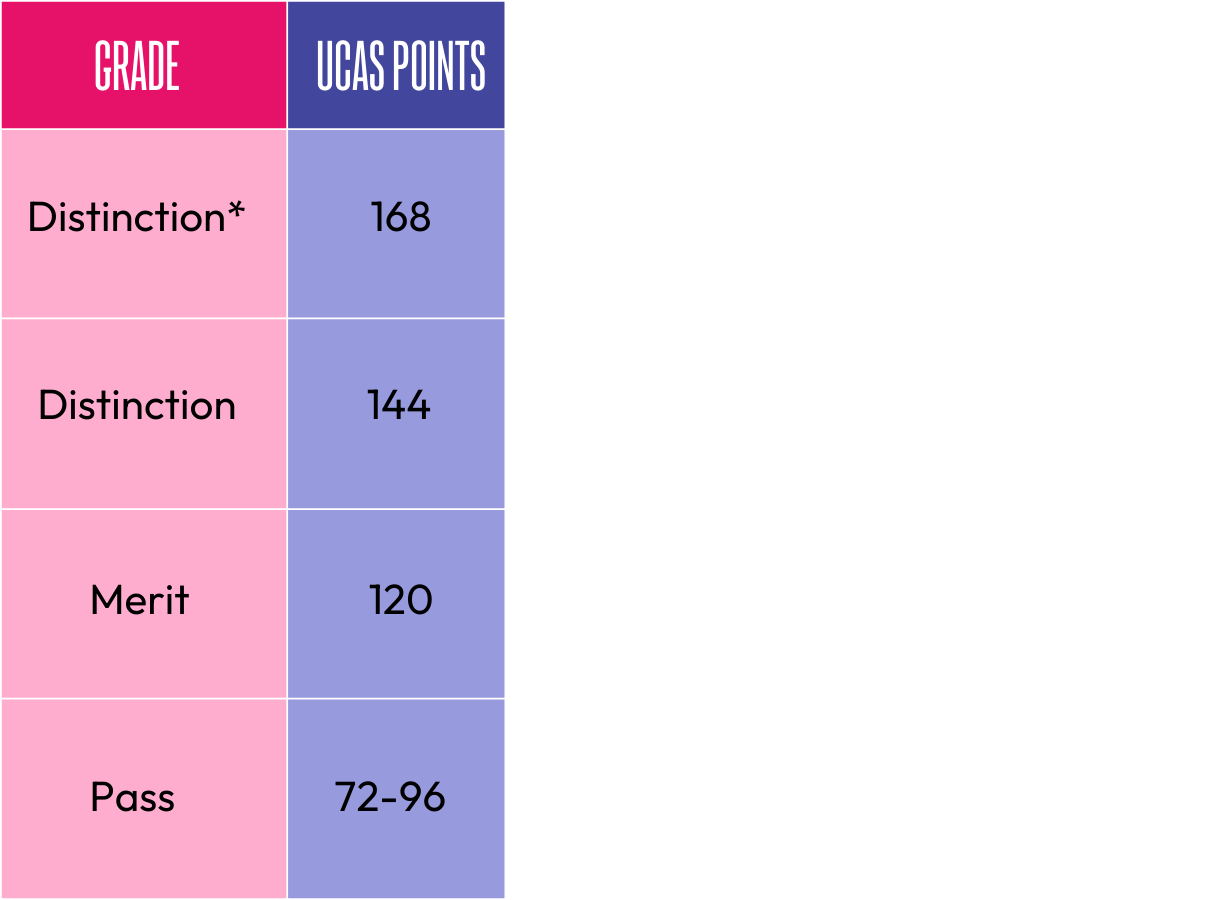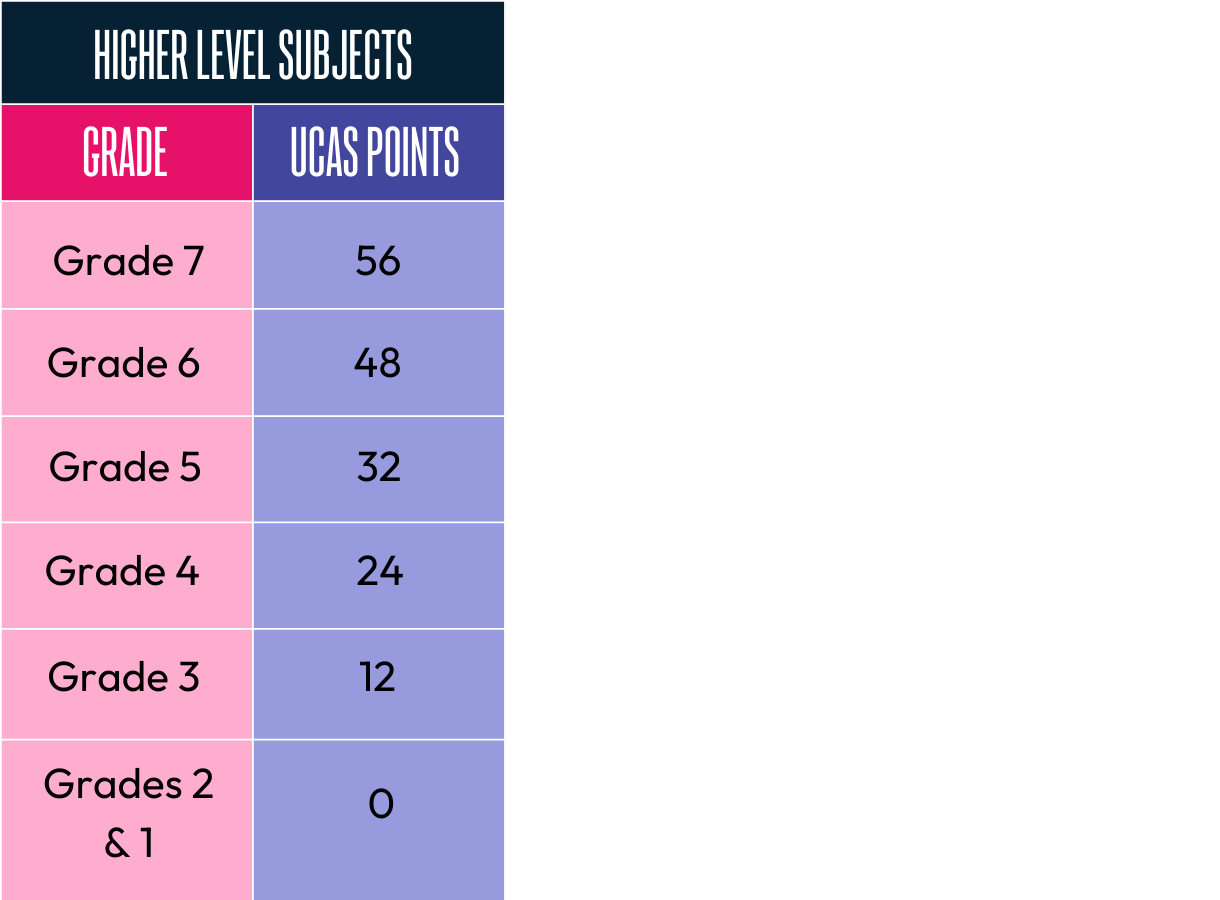The journey to higher education can be an exciting yet bewildering one, as it often comes with a maze of unfamiliar terms and concepts.
If you’re a student making the transition from school to university, or a parent looking to support your child’s aspirations, having a clear understanding of how UCAS points work is essential when navigating the university admissions process.
Our guide will provide you with all the information you need to know about the UCAS tariff system, from explaining what UCAS points are and how they’re calculated to understanding how they impact your university applications.
What are UCAS points?
Universities employ the UCAS points system to measure the value or level of achievement of specific qualifications. By doing this, they can assess the suitability of candidates for the university courses they are applying for.
Typically, a numerical value is assigned to qualifications based on the type of qualification and the grade achieved by a student. Universities establish a minimum threshold of UCAS points that applicants must attain to be considered for enrolment on a particular course. Applicants can then work to accrue UCAS points by achieving higher grades in their respective qualification e.g. A Levels.
How UCAS points are converted
To give you an idea of how grades are translated into UCAS points, the tables below outline the number of points you can acquire for some of the UK’s most well-known qualifications.







